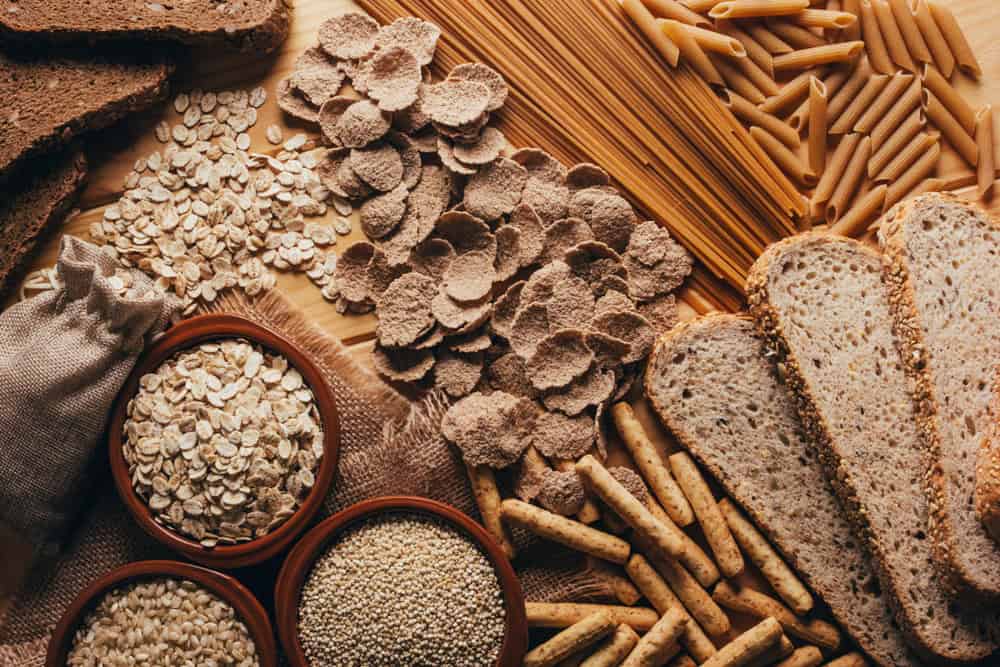Why do you get sleepy after eating carbohydrates?

Feeling sleepy or heavy after eating is a very common experience. Many people associate it directly with "eating too many carbs ," and while there's some truth to that connection, your body isn't failing ; it's doing exactly what it's supposed to.
Understanding it from a physiology and nutrition perspective is key to not falling into the trap of " demonizing " carbohydrates .
The mechanism behind postprandial sleep
When we eat carbohydrates , especially refined or fast-absorbing ones, blood glucose levels rise, which stimulates insulin secretion.
Insulin facilitates the entry of glucose into cells, but it also modifies the transport of certain amino acids to the brain. In this process, it promotes the transfer of tryptophan , a precursor to serotonin and melatonin, neurotransmitters related to relaxation and sleep.
In parallel, the parasympathetic nervous system ("digestive mode") is activated to direct energy toward digestion and nutrient absorption, reducing blood flow to the brain and muscles. The result: a feeling of calm, heaviness, or drowsiness.
It doesn't mean that carbohydrates are the problem.The misconception is that postprandial sleepiness implies " carbohydrate intolerance" or "severe insulin resistance." In most cases, it's a normal physiological response amplified by the type or amount of food eaten.
Avoiding carbohydrates completely can have negative metabolic consequences : loss of muscle mass, hormonal changes, decreased physical and mental performance , and even worse cortisol control.
Carbohydrates are the brain's main source of energy , necessary to maintain cognitive function , hormonal regulation and neurotransmitter synthesis.
If sleepiness is severe, occurs even after small meals, or is accompanied by brain fog , excessive hunger, or cravings for sweets, it could reflect:
- Glucose spikes followed by reactive hypoglycemia , due to an exaggerated insulin response .
- Insulin resistance or glucose metabolism disorders .
- Foods very rich in fats and refined sugars that slow digestion and increase oxidative stress .
In these cases, a complete medical and nutritional evaluation is advisable, with parameters such as basal insulin , HOMA-IR, HbA1c and lipid profile .
How to avoid drowsiness without eliminating carbohydrates ?
1. Combine carbohydrates with protein and healthy fat (e.g., brown rice with salmon and avocado). This modulates the rate of glucose absorption.
2. Choose complex, fiber-rich carbohydrates : oats, quinoa , sweet potatoes, legumes, whole fruits. Yes, white rice is refined and very low in fiber.
3. Avoid excessive portions and eat slowly , allowing digestion without abrupt peaks .
4. Move after eating: A light walk improves muscle glucose uptake.
5. Take care of the quality of your nighttime sleep : not sleeping enough increases postprandial daytime sleepiness .
Feeling a little sleepy after eating isn't an enemy, but rather a physiological message that your body is processing energy . The key isn't to eliminate carbohydrates , but rather to choose them wisely, balance your meals, and take care of your metabolic health as a whole.
Read more
TOPICS -
Diariolibre





